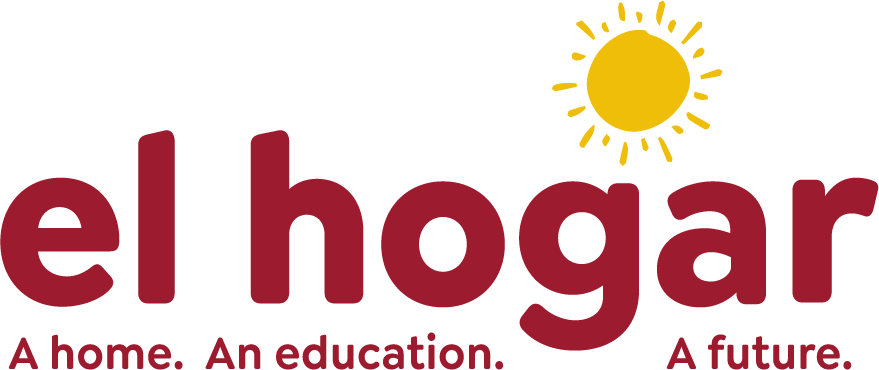A Reflection on Identity
May 12, 2025
By Amy, Grade 10
For years I felt invisible. I was one of many, in a home full of stories similar to mine. I grew up surrounded by love, care, laughter and also questions that did not always have answers. One of those questions always accompanied me, silent but heavy: who am I really, if I don’t even have a piece of paper that says I exist?
Every time they asked for my birth certificate to study, for administrative tasks, or to dream of something beyond El Hogar, I had to say: I don’t have one. And every time I said it, I felt like not only a document was missing, but a part of me.
Today, on my 18th birthday, I received my birth certificate. I now feel that the world is looking at me and saying: I see you, you exist, you are part of this society. For many, it’s just a piece of paper. For me, it’s the beginning of a different life. It’s as if the clock of my story has really begun to count.
Now I have an official name, a place of origin written down, a number that identifies me. I can get my national identity card, I can study, work, travel. But beyond that, today I feel that I have roots. I don’t know if I’ll ever find all the answers about my past, but now I can start building my future.
This paper doesn’t erase the pain of not having had it before, but it does fill me with hope. Because today I am not only 18 years old. Today, at last, I am recognized. Today, I truly exist.

The Birth Certificate Barrier in Honduras
In Honduras, not having a birth certificate is more than an administrative issue—it’s a barrier to basic rights. Many children, especially in rural and marginalized communities, go unregistered at birth for different reasons. Parents may live far from the nearest registrar’s office, be unable to afford the associated costs, or may not have identification themselves. In some cases, children are born at home or in remote areas where hospital records are never created or submitted.
Without a birth certificate, a child is invisible in the eyes of the state. They cannot enroll in school, access healthcare, receive public assistance, or obtain an ID. As they get older, this lack of documentation prevents them from working formally, traveling, voting, or participating fully in society. The psychological toll is significant; years of uncertainty, exclusion, and a lingering sense of not belonging.
Amy’s Eight-Year Journey
This was Amy’s reality for the first part of her life. It took eight years of determined effort to finally obtain her birth certificate. The process involved over a dozen trips to Comayagua, meetings with lawyers, hours standing in line at the national registrar’s office and hospital archives and navigating the bureaucracy of government offices. Our staff remained unwavering in their love and commitment, advocating for her, tracking down records, and searching for her father, who ultimately joined and supported the process.
Her story is one of resilience. Amy is part of a community that refused to let her fall through the cracks. Her story is a reminder of how deeply broken systems can fail children, and how powerful love and persistence can be in restoring what every child deserves: the right to be seen, to be named, and to belong.





